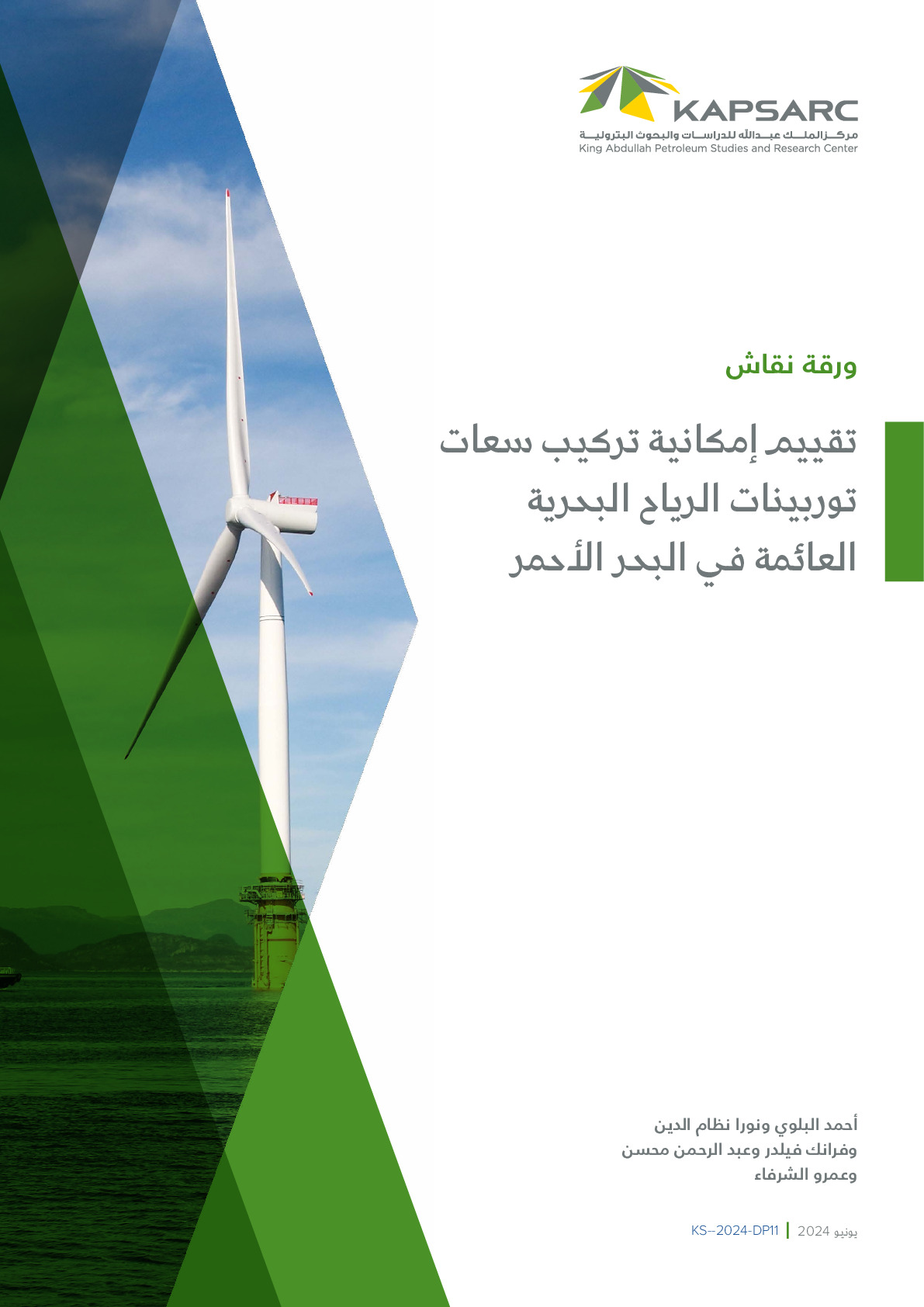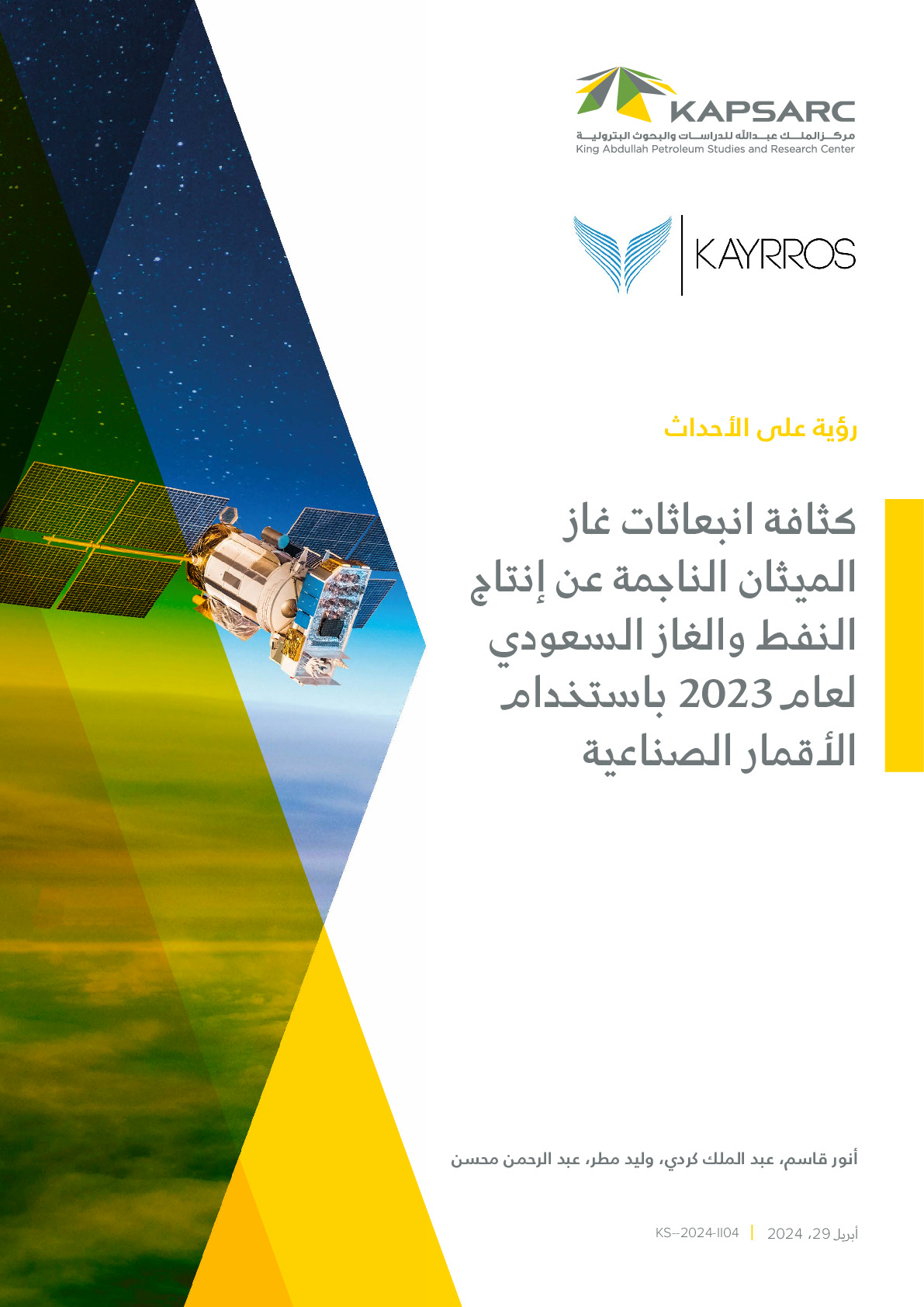لطالما كان لقطاع النقل طلب مرتفع على الطاقة وهو مساهم كبير في انبعاثات الغازات الدفيئة (GHG) وتغير المناخ. لتحسين كفاءة الطاقة وتقليل انبعاثات غازات الدفيئة، تقدم الرياض نظام نقل عام متكامل. يعد استهلاك الفرد من الطاقة أقل بكثير في وسائل النقل العام مقارنة بالمركبات الخاصة، مثل السيارات وسيارات الأجرة. تبحث هذه الدراسة في التأثير المحتمل لنظام النقل العام المقترح في الرياض على رحلات السيارات وسيارات الأجرة.

أبو توسين أوكيل
باحث مشارك أول
توسين باحث مشارك أول في برنامج النقل والبنية التحتية للمدن في كابسارك. يركز حالياً على التحول الحضري في الرياض، وفي…
توسين باحث مشارك أول في برنامج النقل والبنية التحتية للمدن في كابسارك. يركز حالياً على التحول الحضري في الرياض، وفي المملكة العربية السعودية عموماً. وهو يعمل على تطوير أدوات اتخاذ القرار المختلفة لفهم أثر التنمية الموجهة نحو استخدام وسائل النقل على سوق الطاقة، ولتقييم السياسات الحضرية التي تتعلق بالنقل المستدام واستهلاك الطاقة. عمل توسين باحثاً علمياً في الجامعات والمؤسسات العامة، ومستشاراً في القطاع الخاص. وهو حاصل على درجة الدكتوراه في تخطيط النقل من جامعة أوتريخت، ودرجة الماجستير في التخطيط العمراني من كلية لندن للاقتصاد، ودرجتي الماجستير والبكالوريوس في التخطيط العمراني من جامعة بنغلاديش للهندسة والتكنولوجيا. أثناء وجوده في الجامعة، حصل على العديد من الجوائز لأعماله، بما في ذلك جائزة أطروحة الدكتوراه لعام 2014 في جغرافيا النقل من رابطة الجغرافيين الأمريكيين، ومنحه رئيس الوزراء الميدالية الذهبية لإنجازاته الأكاديمية.




